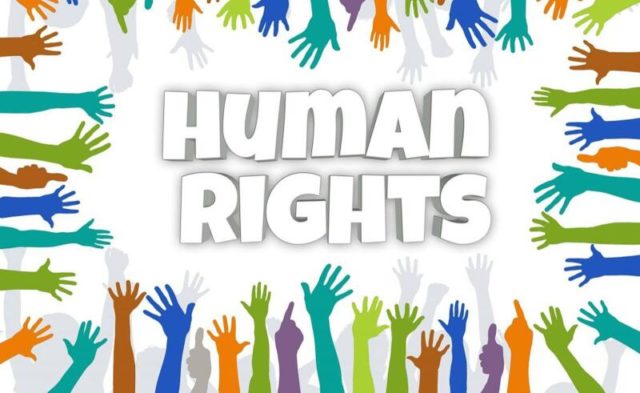OPINION: When the rights of the vulnerable are not protected on humanitarian grounds, it poses a threat to the stability of society, writes Dr Ntsikelelo Breakfast.
By Dr Ntsikelelo Breakfast
HUMAN rights are a lifeblood of democracy. Largely because they are meant to protect both the citizens and foreign nationals. The concept of human rights comes from the 1948 United Nations Universal Declaration of Human Rights.
This implies that human rights are universal, and they apply to all and sundry. The culture of human rights has three generations, namely: The first, second and third generations. The first-generation rights are more liberal in nature, meaning that they are political rights such as freedom of expression, media freedom, procedural equality, universal suffrage and freedom of movement/association, among other things.
Even the intellectual work of leading political scientists such as Robert Dahl, Samuel Huntington and Carol Swain (just to mean a few have) have a knowledge gap and limitation of a narrow scope that focusses on minimalist (political and procedural) aspects of democracy as opposed to the substantive issues of developmentalism. Moreover, second generation rights have to do with socio-economic rights such as education, housing and other related rights to sustainable development.
The second generation rights have tended to be inspired by leftist politics. They also find it resonates with the proponents of maximalist states, such as developmental and welfare states. So, second generation rights are associated with economic development, which lies at the substantive improvement of the material conditions of marginalised social categories. The third generation of human rights has also been gaining traction by focussing on the green economy and other broader issues of environmental justice.
In 1993, as part of the democratisation process in South Africa, the interim Constitution was adopted as a precursor to the Constitution of the Republic of South Africa, Act 108 of 1996. The latter is normally perceived as the best constitution on a global scale. There is a tendency in some quarters to focus too much on first generation rights at the expense of the second and third generation rights. This means that there is a great deal of emphasis on political rights specifically.
This is based on the conception of limiting democracy to political rights/first generation rights. The 2012 National Development Plan and 2015 South African Defence Review regarded poverty, inequality and employment as serious security threats to our democracy.This picture has not changed in the so-called new South Africa. For instance, The World Bank (2022) Report, titled: ‘Inequality in Southern Africa: An Assessment of the Southern African Customs Union’, indicates that South Africa has the highest inequality. This is due to the class contradictions as an expression of the social cleavages between the haves and have nots.
South Africa’s democracy has been a ‘political assault’ to those on the periphery of the economy. When the rights of the vulnerable are not protected on humanitarian grounds, it poses a threat to the stability of society.
No democracy can flourish while there is the magnitude of poverty and underdevelopment. South Africa’s consolidation of democracy should also entail responsiveness to the structure of the economy by including the historically marginalised across the class, racial and gender divide. The failure to alter the power relations regarding the economy between rich and poorest of the poor in South Africa will lead to perpetual social conflicts.
It is not possible for South Africa’s democracy to be sustained while there is economic marginalisation of the majority of the people. Again, a democracy that is politically engineered into political rights only (or that downplays the socio-economic rights) has catastrophic results of social unrest. Just a democracy is unworkable and unstable.
* Dr Ntsikelelo Breakfast is a senior lecturer in the Department of History and Political Science in the Faculty of Humanities at Nelson Mandela University.
** The views expressed here are not necessarily those of the DFA.








